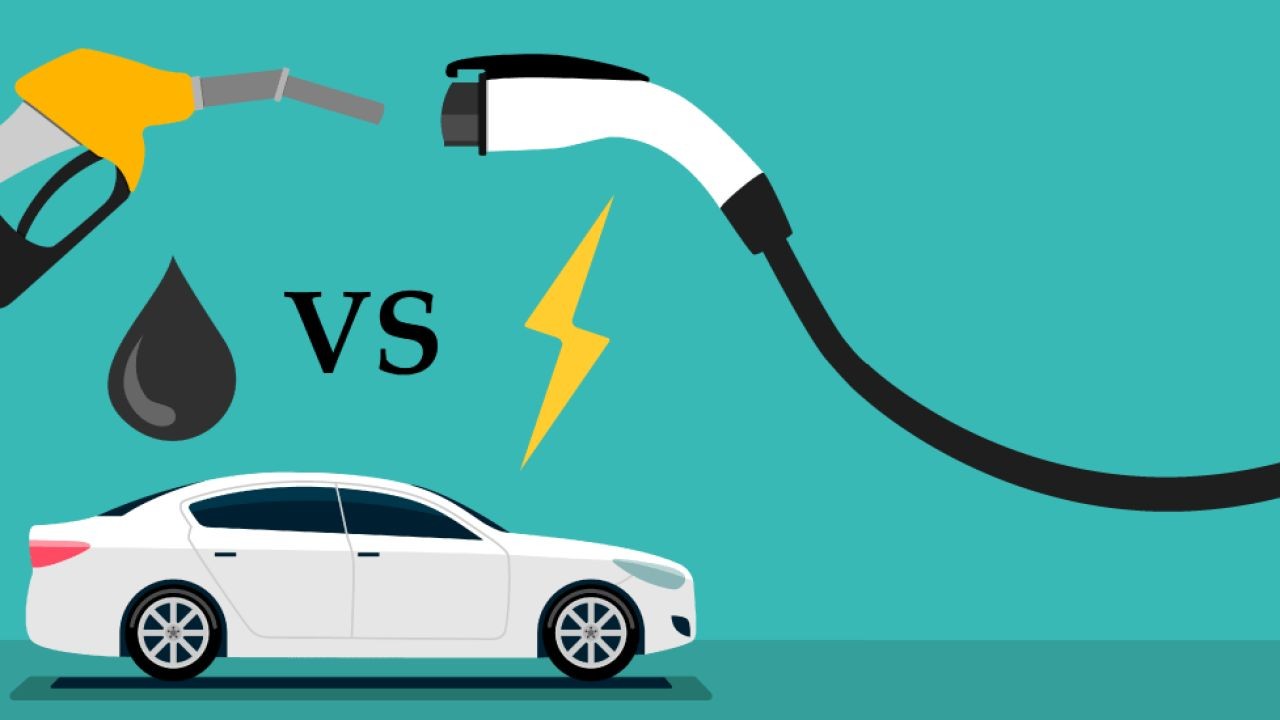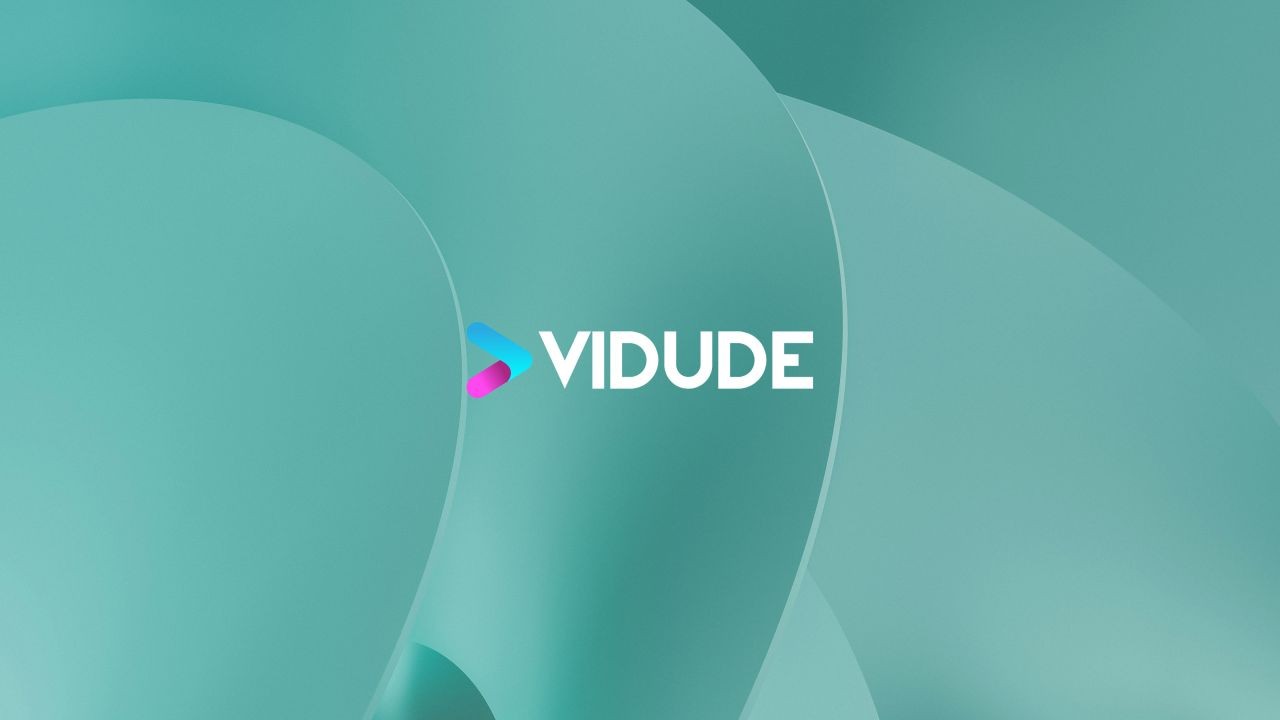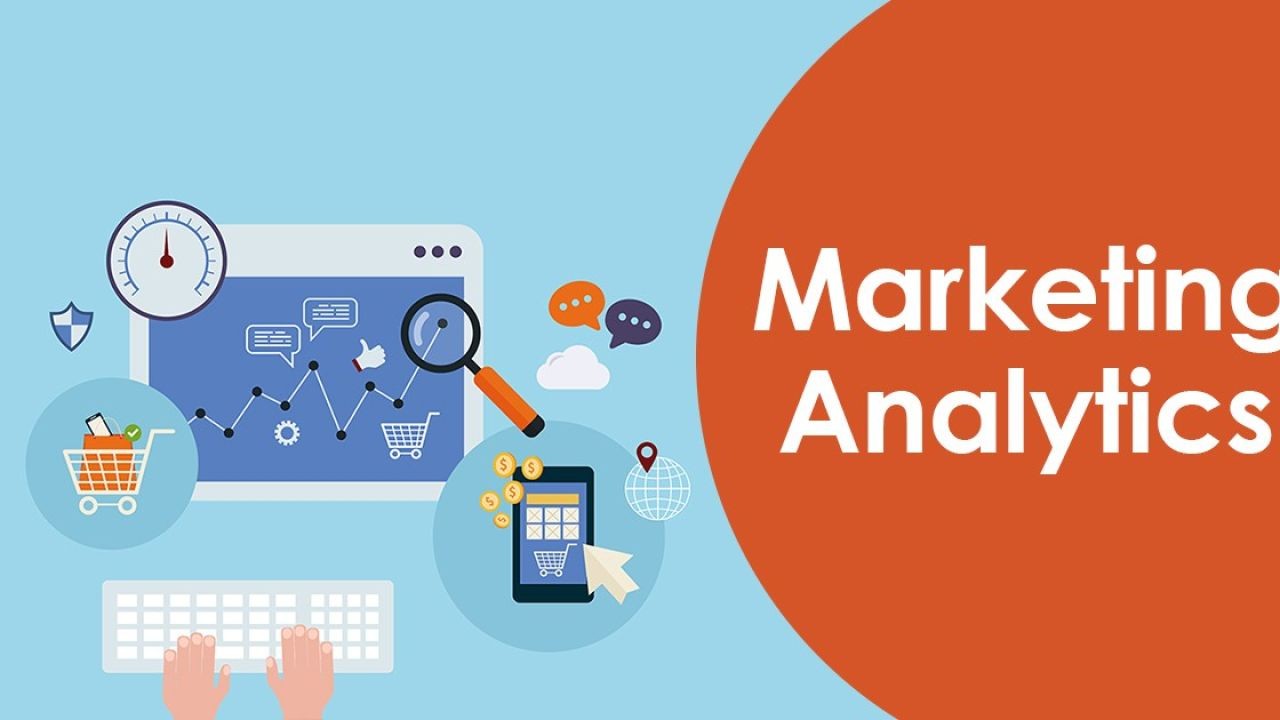In New Zealand, the digital landscape is undergoing a transformation, led by a new wave of influencers who are reshaping the marketing world. These individuals aren't just promoting products—they're creating communities, driving trends, and influencing consumer behavior in unprecedented ways. With a digital-first approach, influencers have become a cornerstone of modern marketing strategies, especially in a country where the internet penetration rate is over 90% (Stats NZ, 2023). This article delves into how Kiwi influencers are making their mark, the challenges they face, and the opportunities they present for businesses in New Zealand.
The Rise of Influencer Marketing in New Zealand
The influencer marketing industry has skyrocketed globally, and New Zealand is no exception. With a population that is highly active on social media, Kiwi influencers have found fertile ground to engage audiences. According to a report by the Ministry of Business, Innovation, and Employment (MBIE), influencer marketing in New Zealand is projected to grow by 20% annually, reaching NZD 150 million by 2025.
Case Study: The Success of "Clean Green Eating"
Problem: A small Auckland-based organic food brand, "Clean Green Eating," struggled to penetrate the competitive health food market.
Action: They collaborated with local influencers who shared their commitment to sustainable living. These influencers created engaging content that highlighted the brand's ethos and products.
Result: Within six months, "Clean Green Eating" saw a 35% increase in sales and a 50% boost in social media engagement.
Takeaway: Authenticity and shared values resonate with consumers. New Zealand businesses can leverage influencer partnerships to enhance brand credibility and reach.
Pros and Cons of Influencer Marketing
Pros:
- Authentic Engagement: Influencers create content that resonates with their audience, fostering trust and authenticity.
- Targeted Reach: Businesses can reach specific demographics through influencers who align with their brand values.
- Cost-Effective: Compared to traditional advertising, influencer marketing often delivers higher ROI.
- Scalability: Suitable for small startups to large enterprises, allowing flexibility in campaign size and scope.
- Enhanced Brand Awareness: Influencers can introduce brands to new audiences, increasing visibility.
Cons:
- Authenticity Concerns: Over-commercialization can lead to skepticism among followers.
- Market Saturation: With many businesses turning to influencers, standing out can be challenging.
- Measuring ROI: Tracking the direct impact of influencer campaigns can be complex.
- Regulatory Challenges: Compliance with advertising standards and guidelines is crucial.
- Dependency Risks: Over-reliance on influencers can pose risks if their public image changes.
Debunking Common Myths About Influencer Marketing
Myth: "Influencer marketing is only for big brands."
Reality: Small businesses can benefit greatly from micro-influencers who have more engaged and niche audiences.
Myth: "Influencers are just celebrities."
Reality: Many successful influencers are everyday people with niche expertise and highly engaged communities.
Myth: "ROI from influencer marketing is not measurable."
Reality: There are robust analytics tools available that can track engagement, conversions, and customer acquisition.
Emerging Trends and Future Predictions
As the digital landscape evolves, so does influencer marketing. Here are some trends and predictions to watch:
- Rise of Nano-Influencers: These influencers have smaller, highly engaged audiences, offering brands more authentic engagement.
- Focus on Video Content: Platforms like TikTok and Instagram Reels are becoming central to influencer strategies, with video content driving higher engagement rates.
- AI and Influencer Marketing: AI tools are being used to identify influencers, predict trends, and measure campaign success, making influencer marketing more data-driven.
- Sustainability and Social Impact: Influencers are increasingly focusing on sustainability and social issues, aligning with consumer values and expectations.
Contrasting Perspectives: The Debate on Influencer Marketing
Advocate View: Proponents argue that influencers provide authentic connections and can drive significant brand growth. Businesses see up to 11 times more ROI from influencer marketing than traditional forms (Source: Influencer Marketing Hub, 2023).
Critic View: Critics highlight the risks of influencer marketing, such as influencer fraud and the potential for misleading endorsements. Concerns about transparency and trust are prevalent.
Middle Ground: A balanced approach involving clear guidelines, transparency, and choosing the right influencers can mitigate risks while maximizing benefits.
Final Takeaways
- Influencer marketing offers a unique opportunity for New Zealand businesses to engage authentically with consumers.
- Understanding the local market and choosing influencers that align with brand values is crucial.
- Utilizing data analytics can enhance the effectiveness of influencer campaigns.
- While there are challenges, a strategic approach can yield significant benefits.
Conclusion
The influence of Kiwi digital creators is undeniable. As businesses navigate the evolving digital landscape, influencer marketing will continue to play a pivotal role in shaping consumer interactions and brand perceptions. By applying strategic insights and learning from successful case studies, New Zealand companies can harness the power of influencers to drive growth and engagement. What's your take on influencer marketing? Share your insights below!
People Also Ask
How does influencer marketing impact businesses in New Zealand?
NZ businesses leveraging influencer marketing report 25%+ higher customer retention, according to MBIE. Adopting this strategy can enhance engagement and revenue.
What are the biggest misconceptions about influencer marketing?
One common myth is that only big brands benefit. However, research from Influencer Marketing Hub shows small businesses can thrive with micro-influencers.
Who benefits the most from influencer marketing?
Influencer marketing benefits small businesses, startups, and niche brands, making it a strategic focus for businesses aiming for growth and engagement.
Related Search Queries
- Influencer marketing trends in New Zealand
- How to choose the right influencer for your brand
- Influencer marketing strategies for small businesses
- Impact of social media influencers on consumer behavior
- Future of influencer marketing in 2025
- Case studies of successful influencer campaigns
- Measuring ROI in influencer marketing
- Influencer marketing vs. traditional advertising
- Nano influencers in New Zealand
- Regulations for influencer marketing in New Zealand









































BR Car Care Centre
28 days ago